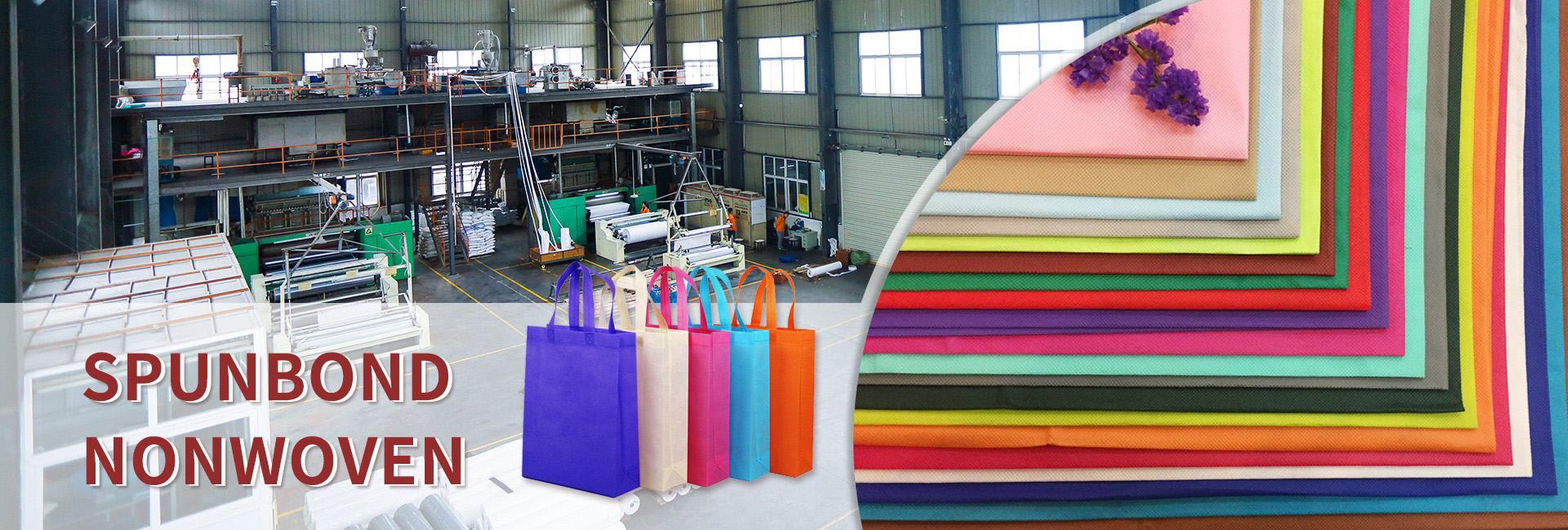Polyester non-woven fabric is not only suitable for car seats, but also one of the mainstream materials in current car interiors, especially widely used in key areas such as seat foam layers, skeleton liners, and seat cushion liners. Its applicability is mainly based on the following core advantages and technical characteristics:
Based on core advantages and technological features
Noise reduction and friction control
Eliminating abnormal noise: The surface of the foam layer (such as polyurethane sponge) on the car seat is rough, and direct friction with the metal frame can easily produce a “creaking” abnormal noise. Polyester non-woven fabric has a smooth surface and is adhered between the foam layer and the skeleton, which can significantly reduce friction noise.
Long term durability: Foam materials are prone to tearing under long-term stress, while polyester non-woven fabric can enhance tear strength (by more than 20%), extending the service life of the seat.
Strength and durability improvement
Tear resistance: Strong polyester non-woven fabric made by needle punching or water punching process forms a high-density structure through fiber entanglement, and its transverse/longitudinal tensile strength is significantly better than traditional polypropylene (PP) non-woven fabric (patent test data increased by more than 20%).
Composite structure innovation: New designs (such as the raised part filled with pre oxidized fibers) further optimize wrinkle resistance and tensile limit, avoiding long-term deformation during use.
Breathability and Comfort
Breathable and breathable: The polyester fiber structure is loose, which facilitates air circulation, avoids seat stuffiness, and improves ride comfort.
Moisture absorption and waterproofing: Some modified polyester non-woven fabrics have both moisture absorption and anti-seepage functions, preventing foam liquid leakage and causing hard lumps (patented technology uses a moisture absorbing fiber layer to adsorb foam liquid).
Safety and environmental characteristics
Flame retardant performance: Polyester can meet the fire prevention standards for automotive interiors (such as GB 8410) by adding flame retardants, and some patented products are combined with pre oxidized fiber fillers to further enhance the flame retardant effect.
Environmentally friendly and recyclable: Non woven fabric production does not require weaving, reducing energy consumption; Polyester material is recyclable and in line with the trend of automotive lightweighting and environmental protection.
Cost and process adaptability
High cost-effectiveness: The cost of polyester raw materials is lower than that of polypropylene and genuine leather, and there is sufficient domestic supply (such as Panjin Yulong products weighing 60-500 g/m ², supporting customization).
Flexible craftsmanship: It can be combined with sponge and spacer fabric (replacing traditional sponge) through processes such as hot pressing composite, needle punching, and water jet, to meet the needs of multi-layer composite seat fabrics.
Industry application cases
Mature applications: widely used in the skeleton padding, seat cushion lining, shock-absorbing felt and other parts of mid to high end car seats (such as Honda series using composite polyester non-woven fabric).
Technological iteration: The new type of recyclable automotive polyester non-woven fabric improves the wrapping of foam materials through structural innovation (such as avoidance cavity design), optimizing the ride support feeling.
Potential challenges of polyester non-woven fabric in car seats
Although polyester non-woven fabric has many advantages in car seats, there are also some potential challenges:
-Heat resistance: Polyester fibers have relatively low heat resistance and may deform or age in high temperature environments, affecting the service life of the seat.
-Environmental friendliness: The manufacturing process of polyester non-woven fabric may generate certain environmental pollution, and corresponding environmental protection measures need to be taken to reduce the impact on the environment.
-Aesthetics: The appearance and texture of polyester non-woven fabric may not be as good as some high-end materials, and it needs to be combined with other materials to achieve better visual effects.
Comparison between polyester nonwoven fabric and other materials
In the material selection of car seats, waterproof polyester non woven fabric is often compared with other materials such as leather, fabric, and synthetic materials.
-Compared to leather: Leather seats have a high-end and luxurious appearance and feel, but they come at a higher cost and require regular maintenance. Polyester non-woven fabric seats have lower cost and higher durability, but may not be as good as leather in appearance and touch.
-Compared with fabrics: Fabric seats have good breathability and comfort, but their waterproof and durability may not be as good as polyester non-woven fabric. Polyester non-woven fabric seats have advantages in terms of waterproofing and durability, but may be comparable to fabrics in terms of breathability and comfort.
-Compared to synthetic materials, synthetic seats typically have higher durability and waterproofness, but come at a higher cost. Polyester non-woven fabric seats provide a good balance between cost and performance.
Conclusion
Polyester non-woven fabric has significant advantages in the field of automotive seats, especially suitable as a foam layer cushion material, balancing noise reduction, enhancement, comfort, safety, and cost requirements. The future development trend includes: functional compounding: combining flame retardants, pre oxygen filament filling, etc. to enhance comprehensive performance; Process upgrade: Hot melt adhesive film replaces adhesive (such as TPU lamination) to avoid hardening problems; Environmental Innovation: Application of Degradable Polyester or Recycled Materials.
For the host manufacturer, when choosing, attention should be paid to weight (high weight for mid to high end), composite technology (to avoid glue leakage), and flame retardant certification to match the vehicle positioning and regulatory requirements.
Dongguan Liansheng Non woven Technology Co., Ltd. was established in May 2020. It is a large-scale non-woven fabric production enterprise integrating research and development, production, and sales. It can produce various colors of PP spunbond non-woven fabrics with a width of less than 3.2 meters from 9 grams to 300 grams.
Post time: Jun-26-2025

